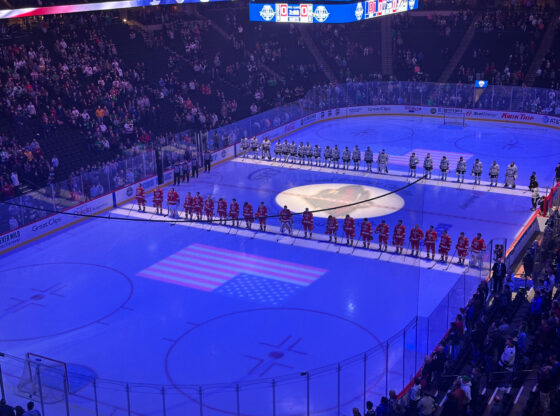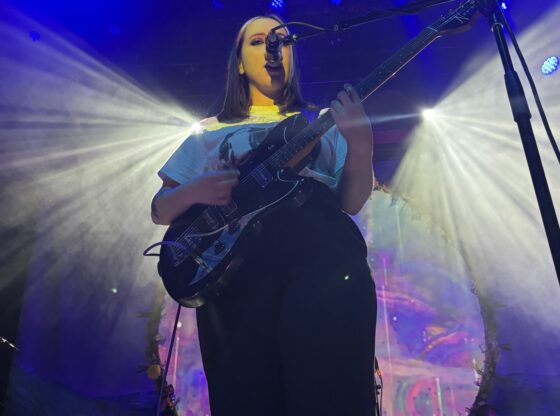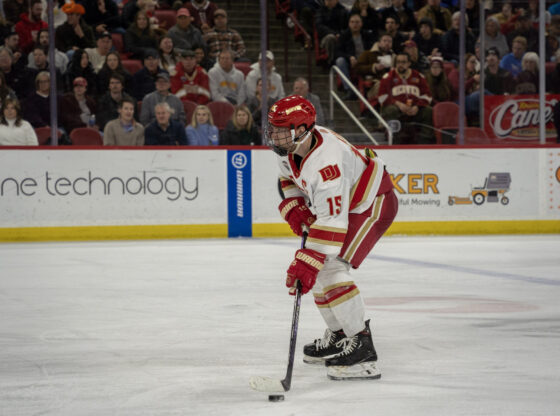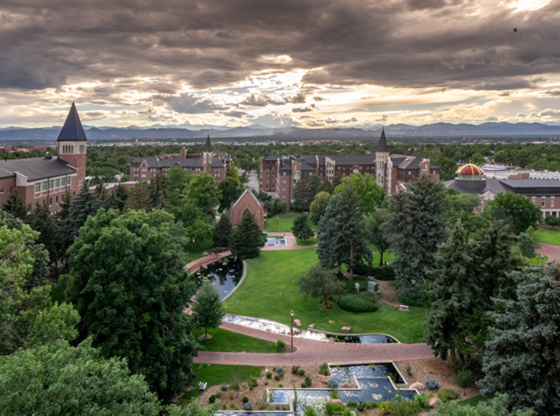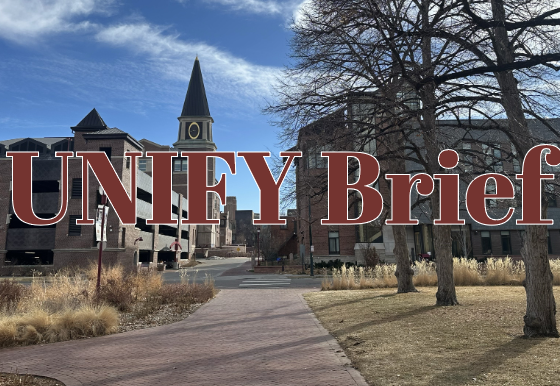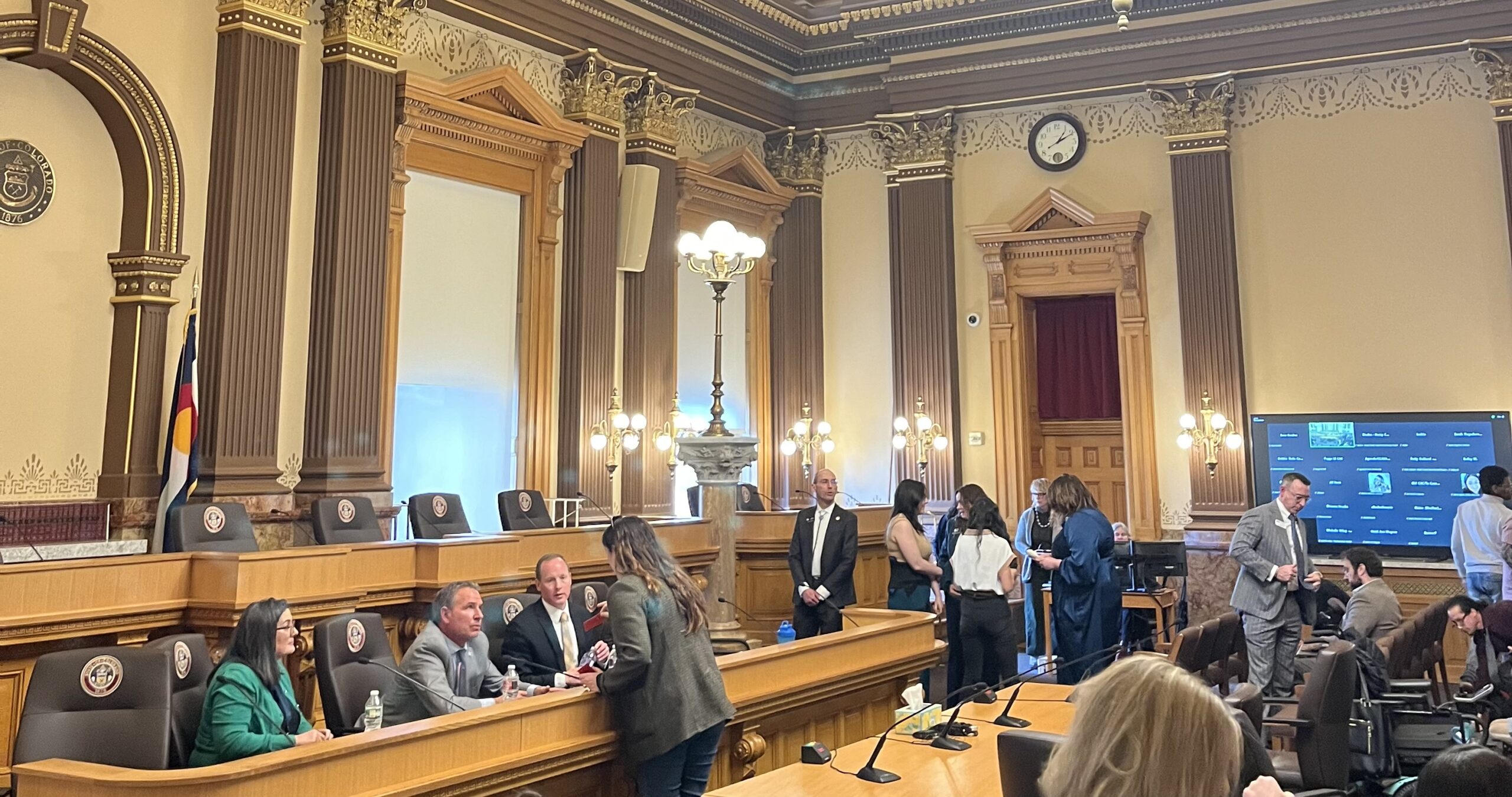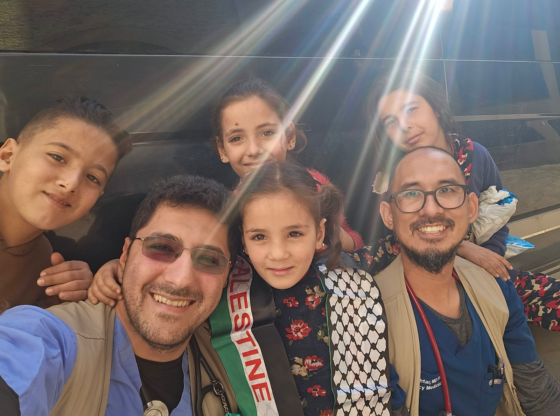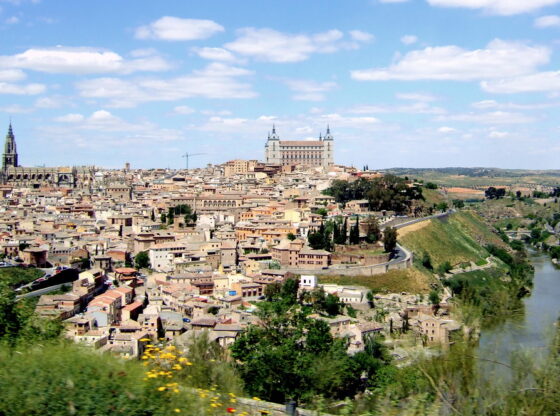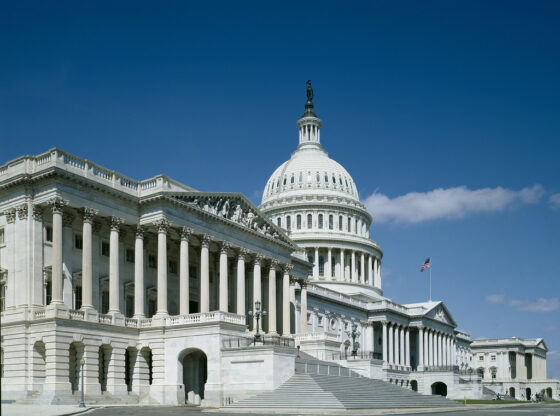CBS news anchor Bob Schieffer addressed a crowd during the opening of the 2006 School of Communication Summit at a dinner last Wednesday, the highlight of the three-day event featuring 900 students, staff, faculty and community members.
The 69-year-old anchor of CBS nightly news and host of “Face the Nation” addressed “building trust in a complex world,” the summit’s theme. Schieffer also talked about his career and the events he covered, including the assassination of John F. Kennedy.
“I’m a lucky person who had a chance as a big guy to do what he wanted to do as a little guy,” he said.
Schieffer has covered all four major beats in Washington D.C. – the White House, the Pentagon, the State Department and Capitol Hill and has interviewed every president since Richard Nixon.
“I like it a lot better how it was in the old days,” he said of politics. Politics used to be an amateur sport, he explained. “They [politicians] had real jobs other than being involved in campaigns. They were people of the community.”
He celebrated freedom of the press as well as the press as an outlet for society to speak up. He said that American people are the most informed people on the earth. “It’s a necessary part of democracy,” he said of that knowledge. “The freedom of press is a freedom we must have to defend all freedoms.”
The remarks were preceded by a short video that highlighted Schieffer’s career, including his last 36 years working at CBS News. “If I could do it a little bit longer, I’ll be old enough to be on ’60 Minutes,'” he joked.
The video showed what Schieffer called the riskiest event he’s covered, reading the details of President Clinton and Monica Lewinsky’s sexual encounters on air. “I kept worrying about if I had stepped in it.”
His most memorable experiences were during his early years as a reporter in Ft. Worth, when Lee Harvey Oswald’s mother called the newspaper’s office and asked for a ride to Dallas, where Kennedy had been shot.
“I said, ‘This is not a taxi service.'” But when Schieffer realized it was the accused assassin’s mother calling, he quickly wrote down her address, picked her up and took her to the police station in Dallas. He was in the office for hours with her until a FBI agent asked if he was a newspaper man and told him to leave or else he’d have him ejected.
“It was the biggest scoop I almost got but didn’t get,” Schieffer said.
Schieffer flew to Denver Wednesday morning from New Orleans while covering the Mardi Gras events. “It’s a long way from being done,” he said. “The media has to stay on this or else the government will go away.”
Witnessing the devastation of New Orleans made him realize that the government needs to rethink the idea of homeland security, he said. “We now know that it doesn’t work.”
He said that if the government cannot act effectively, what will it do during a terrorist attack?
On Friday, 9News anchor Adele Arakawa moderated a panel on “Trust in Politics and Media” that hosted Denver Mayor John Hickenlooper, University of Colorado president Hank Brown, political reporter Adam Schrager and John Temple, the editor, publisher and president of the Rocky Mountain News.
Temple said, “We need to criticize ourselves and be open to the criticism of our readers.” He said that looking that readers reach conclusions about him all the time. “They think I know exactly what I think. It’s very frustrating.” To help remedy this problem, he said he needs to “keep the dialogue open enough so that people don’t assume the worst about the press.”
Arakawa asked Hickenlooper about the negative stereotype of politicians. He said as a kid he asked his father how to earn trust. “He said, ‘You could try telling the truth.'”
Hickenlooper talked about his relationship with Colorado Governor Bill Owens explaining that the two now have “the highest level of trust.” Hickenlooper said he learned how to deal with issues and listen to people when he started in the restaurant business. “There are certain rules when someone’s got hot soup in their lap.”
Brown, who is the former U.S. Senator from Colorado, said he holds the highest emphasis on being open.
Arakawa asked Schrager how reporters and news programs overcome being politically bias. Schrager talked about the “Fair and Square” election coverage 9News used in last November’s election. The program encouraged audiences to rate the election coverage. “We got a lot of D’s and F’s,” he said. But the people that gave them D’s and F’s said that the coverage was slanted both on the right and on the left. He said that both parties will always think that the media is bias. Schrager was still pleased about the communication between the news station and the audience. “The more that I came in [to the station], the more confident I become in our coverage.”


